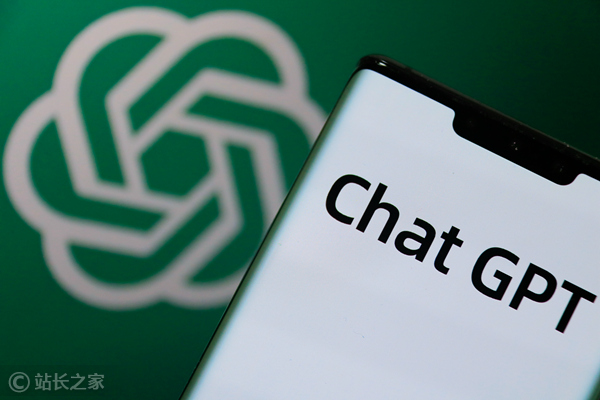Recently, a name called "David Mayer" caused a heated discussion on social media because searching for the name in the popular AI chatbot ChatGPT would result in error messages or failure to respond. The incident quickly sparked widespread discussions about privacy, data deletion, and the limitations of AI technology. People have speculated about the identity of "David Mayer" and the reason why ChatGPT was unable to respond. Various speculations and conspiracy theories have emerged in endlessly.
Over the weekend, the name "David Mayer" suddenly appeared on social media, but there was no relevant response in the popular chatbot ChatGPT, triggering widespread discussion and speculation. Users tried multiple times to get ChatGPT to output the name "David Mayer", but never succeeded. The chatbot's response was either "something seems to have gone wrong" or "I can't respond", or even asked. It stopped at "David."

This strange phenomenon has led many people to speculate on who "David Mayer" actually is, and some have even suggested that he may request that his name be removed from ChatGPT's output. In this regard, a spokesperson for OpenAI said that the problem stemmed from a system failure. In fact, a tool mistakenly marked the name as content that should not appear. He emphasized that the name was not banned, but that there was only a temporary technical problem. , OpenAI is working on a fix.
There is speculation that "David Mayer" is related to the famous Rothschild family, but David Mayer himself denied this and stated that he has no connection with ChatGPT. He noted that much of the speculation surrounding his name stems from conspiracy theories. In addition, the malfunction has nothing to do with the late scholar David Mayer, who was on the U.S. security list because his name shared the alias of a Chechen militant.
In addition, some people believe that this failure may be related to the GDPR privacy rules of the European Union and the United Kingdom. According to OpenAI's European privacy policy, users have the right to request the deletion of personal data, which is also known as the "right to be forgotten." Although OpenAI did not comment further on whether the "David Mayer" issue was related to this, the incident triggered a discussion on privacy protection.
Now that OpenAI has solved the "David Mayer" problem, ChatGPT can now respond to queries related to that name. However, some other names mentioned on social media still trigger "something seems to be wrong" responses. Helena Brown, partner and data protection expert at law firm Addleshaw Goddard, said that a request for a "right to be forgotten" applies to any entity or person processing the person's data, but completely deleting all information that can identify a specific individual is critical to AI tools. It is said to be relatively complicated.
In the end, OpenAI solved the technical glitch, but the "David Mayer" incident still triggered people's in-depth thinking about AI system data processing, privacy protection and the "right to be forgotten", and also highlighted the challenges that large language models still face in data processing. .